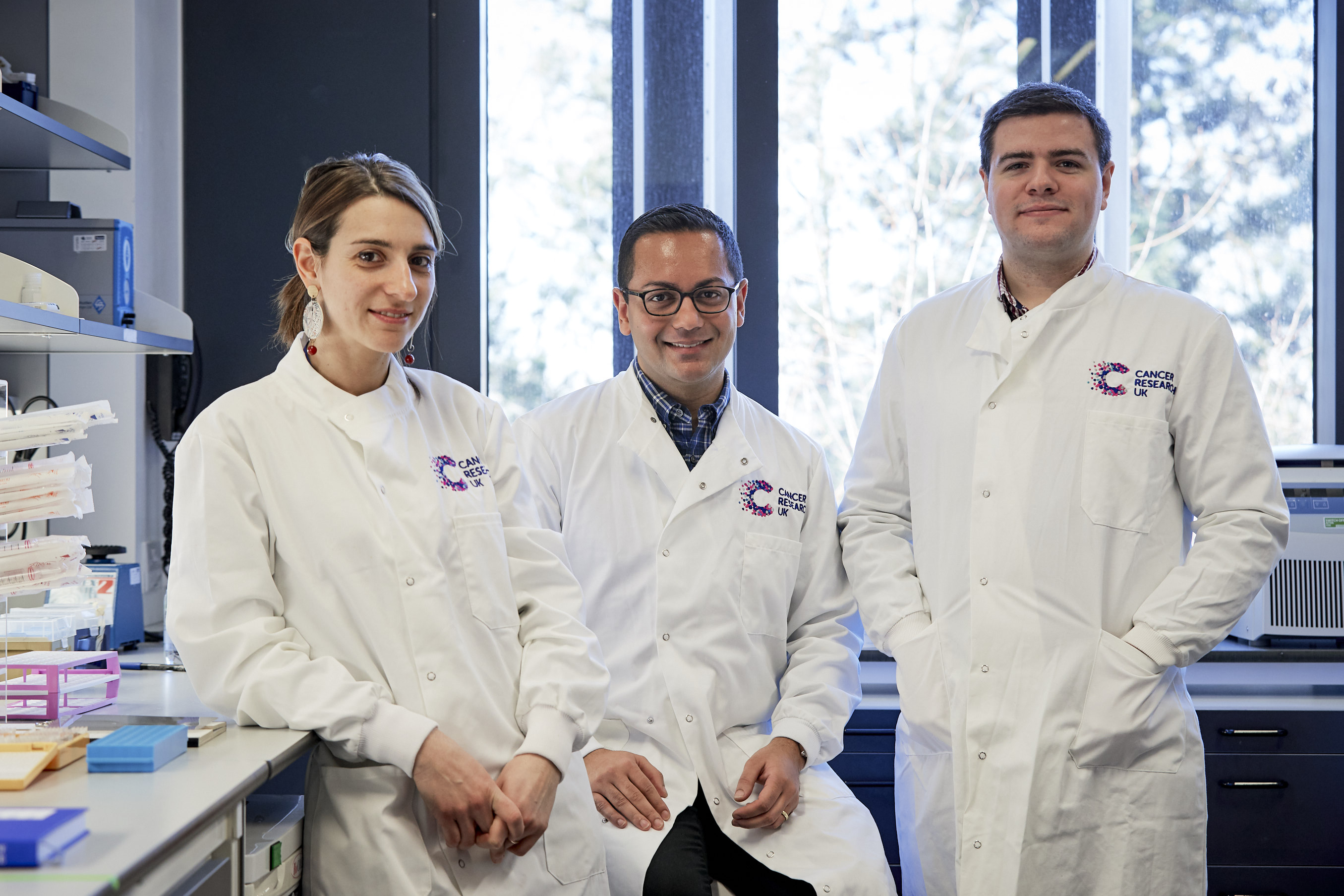
The funding has been awarded to Dr Manav Pathania and his team at the University of Cambridge to investigate paediatric high-grade gliomas.
These rare brain tumours account for less than 20% of brain tumours in children and young people, but are responsible for the majority of deaths from paediatric cancer in the UK.
Previously, Dr Pathania and team have shown how mutations in genes that control normal childhood brain development cause this type of brain tumour.
The new funding will allow them to explore the effects of these mutations on developing brain cells, in the hope of finding new ways to stop tumours forming.
Dr Pathania, based in the Milner Therapeutics Institute, said: “Mutations in histones – a type of protein involved in packaging DNA inside cells – play an essential role in growth of these tumours.
“We think the histone mutations occur first in a small minority of brain stem cells, but they can’t cause cancer alone.
“Normally, stem cells go on to produce a variety of more specialised cells that are needed to build the brain, but like Peter Pan in Neverland the histone mutations stop the cells from growing up.
“When brain stem cells don’t grow up properly they take on additional mutations. These mutations become the ‘partners in crime’ with the histone mutations, causing the stem cells to grow out of control and become cancer.
“However, we don’t know why specific ‘partner’ mutations occur in different types of stem cells, in different parts of the brain and in people of different ages, to cause cancer. This vital funding from Cancer Research UK will help us answer these crucial questions.
“Current treatments for these childhood brain tumours have life-altering side effects and can only slow down growth of the tumour. By unravelling the mysteries behind these rare tumours, we hope this work will lay the foundations for finding new treatments.”
Each year in the UK around 420 children are diagnosed with brain or central nervous system tumours.
Executive Director of Research and Innovation at Cancer Research UK Dr Iain Foulkes said: “Cancer is different in children and young people, and presents unique challenges. That’s why we’re providing vital funding for this research, to understand how we can overcome these challenges.
“Tumours affecting the brain or central nervous system account for a quarter of all cancers diagnosed in children in the UK*. The more we learn about how these tumours grow, the better we can detect and treat them.
“February will mark five years since the launch of Cancer Research UK’s Children’s Brain Tumour Centre of Excellence, based in Cambridge. There have been great developments since then and we hope Manav and his team will continue to build on this strong track record.”
Cancer Research UK’s Children’s Brain Tumour Centre of Excellence, supported by TK Maxx, brings together international experts in children’s brain tumour research to transform the way treatments for these tumours are developed.
It is a collaboration between the Cancer Research UK Cambridge Centre, the University of Cambridge and the Institute of Cancer Research, London.
For more information on Cancer Research UK and how to support its life-saving work visit www.cruk.org. For further details on its Children’s Brain Tumour Centre of Excellence go to www.crukchildrensbraintumourcentre.org.















